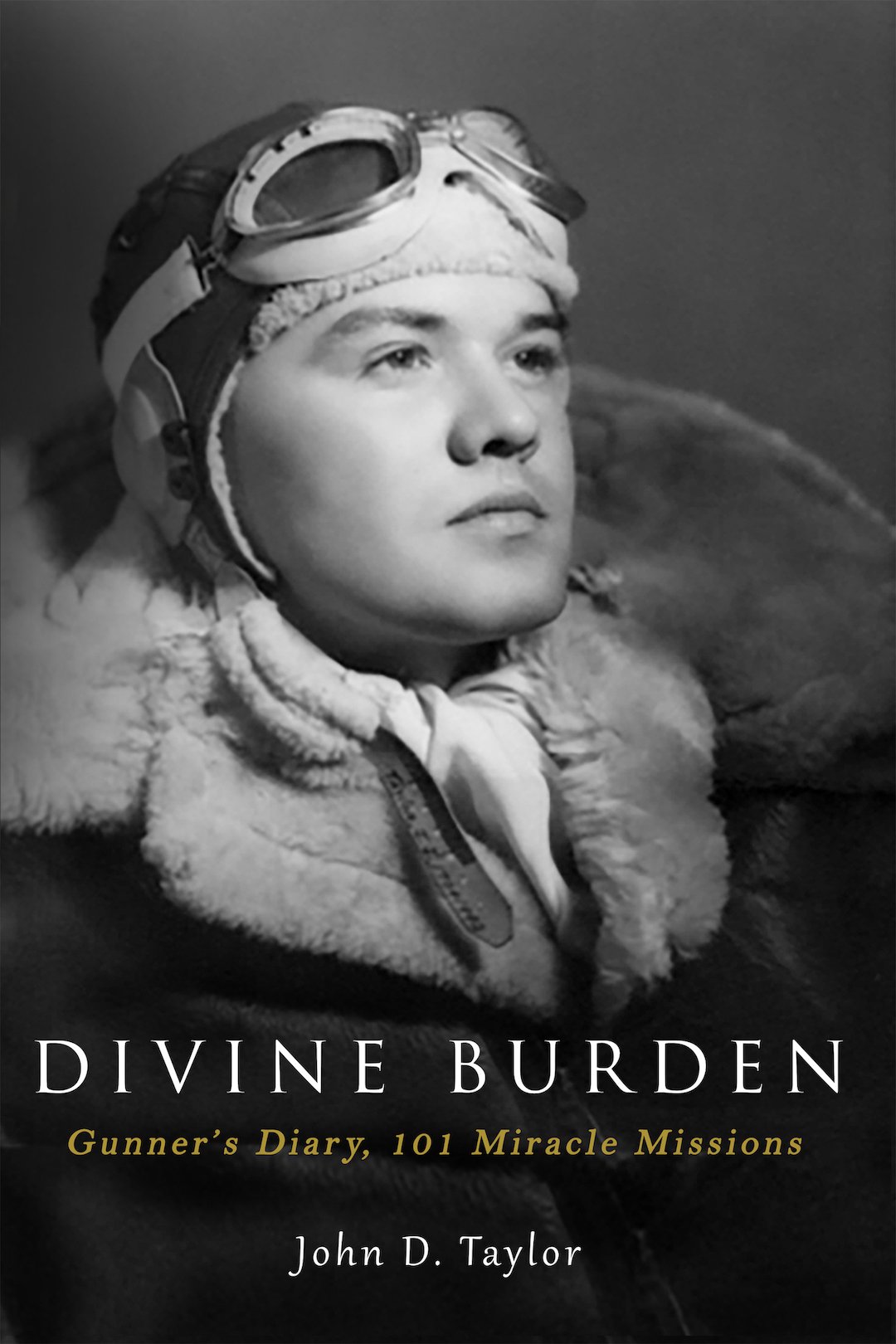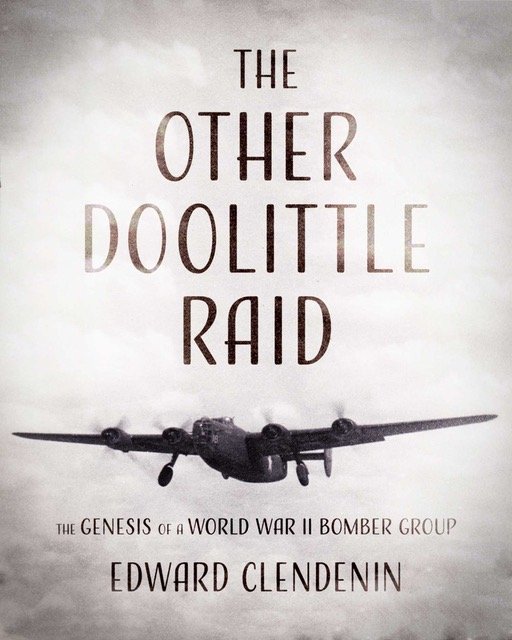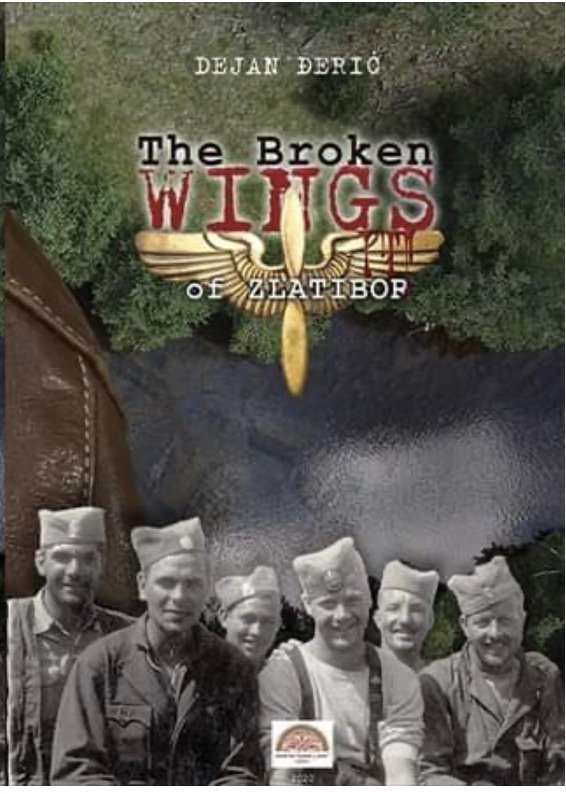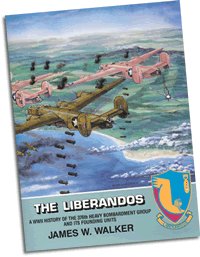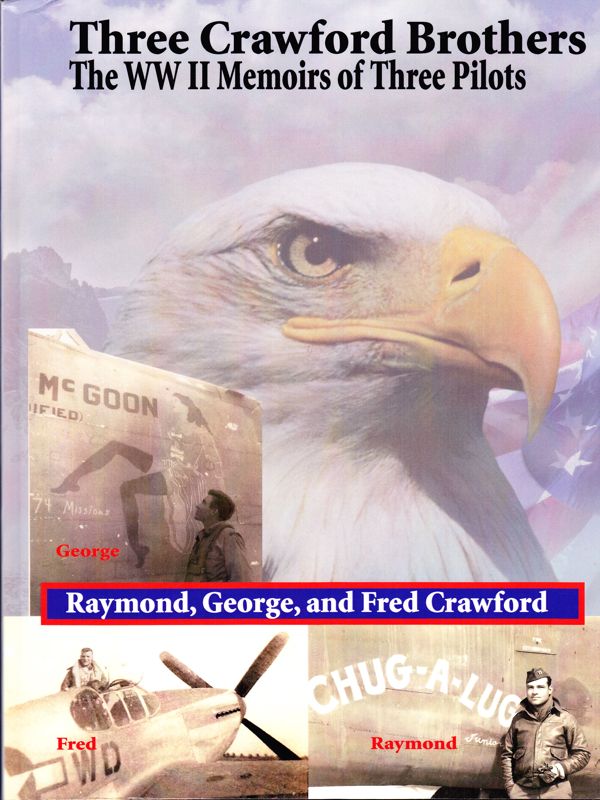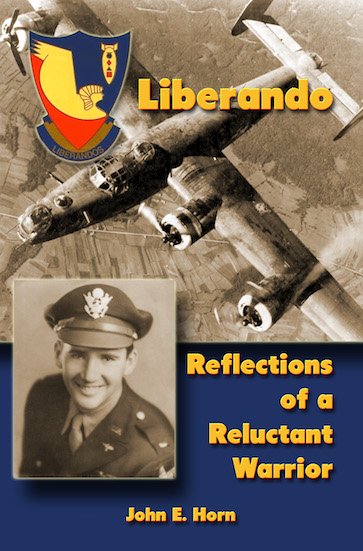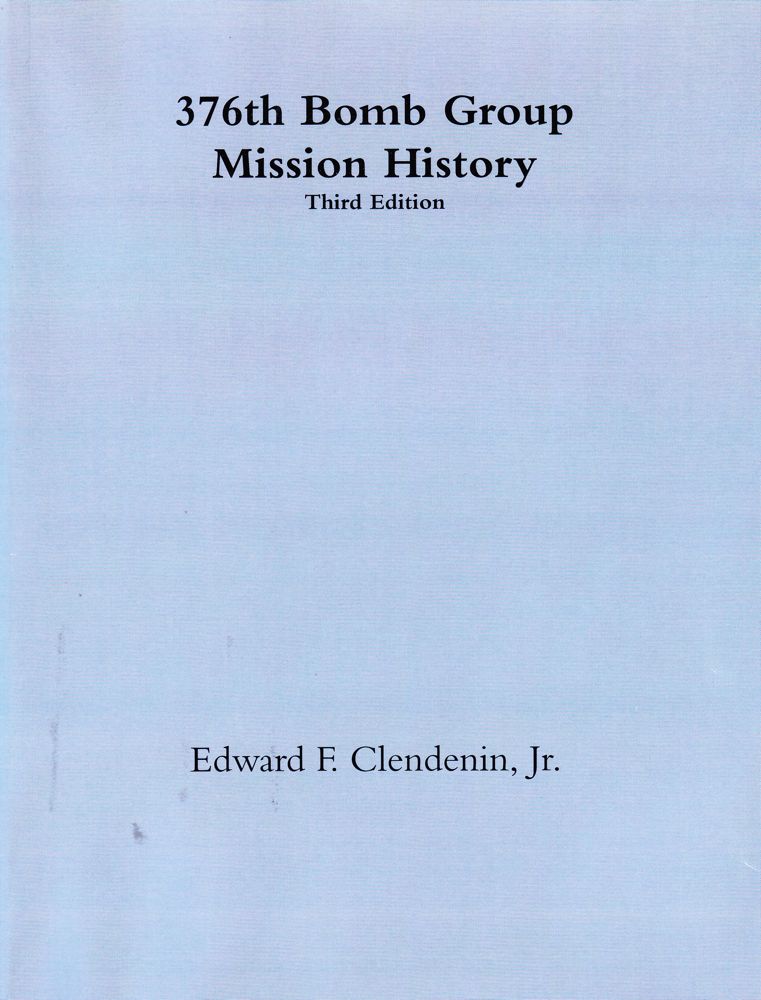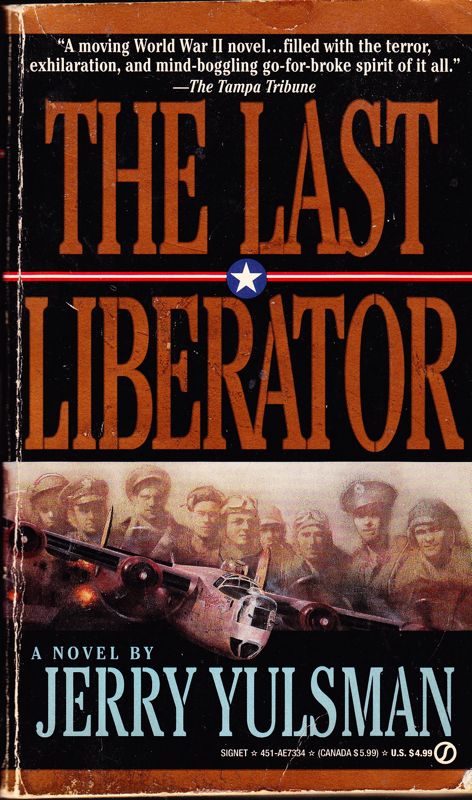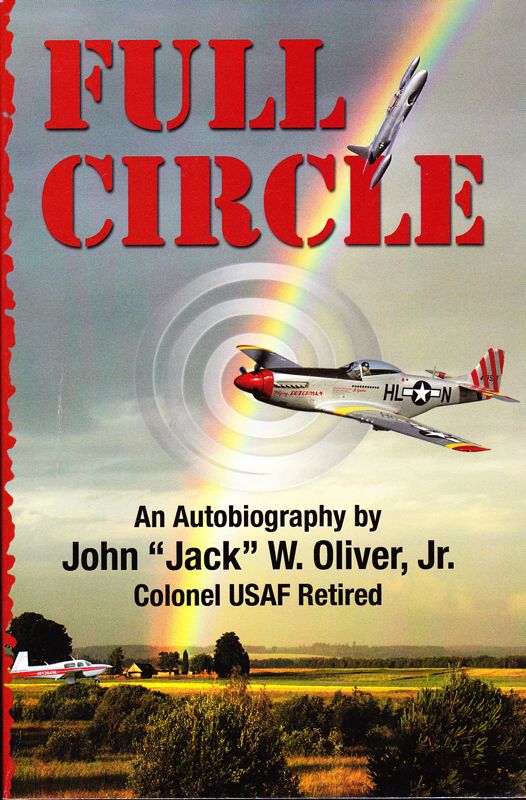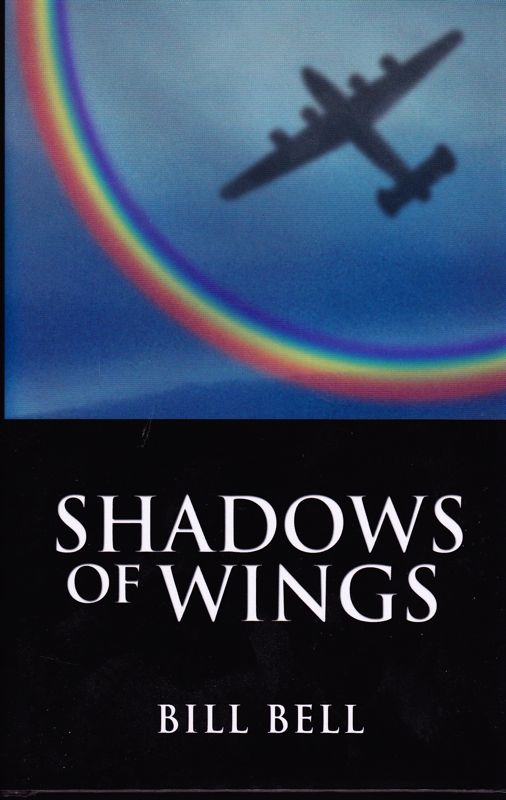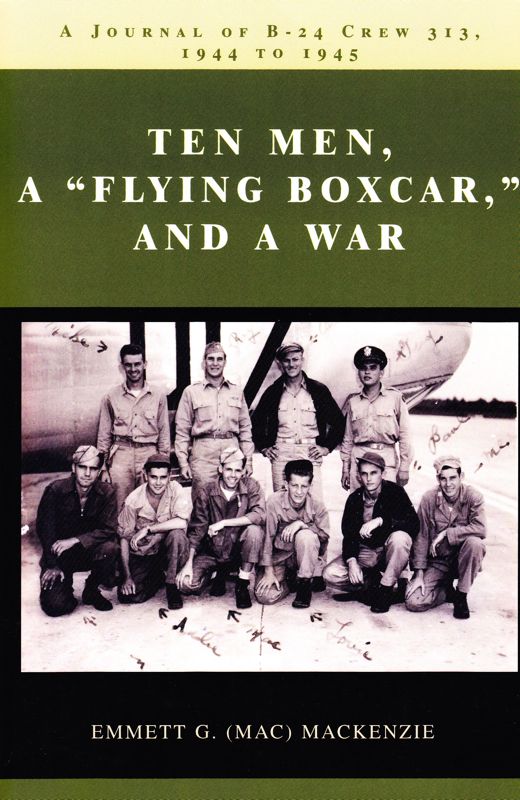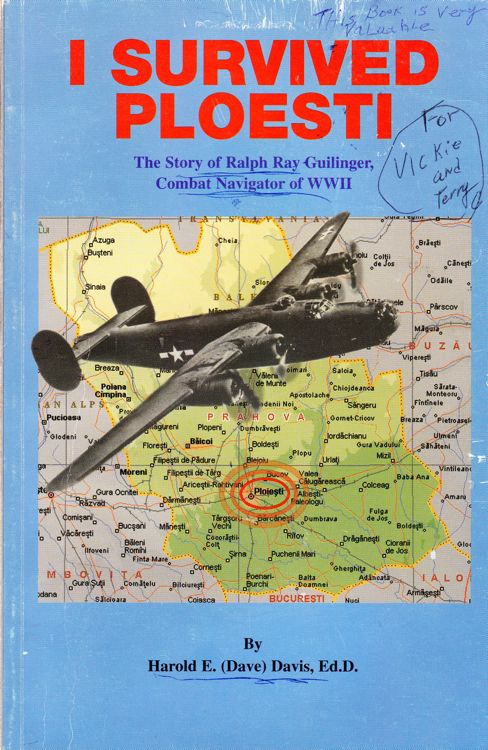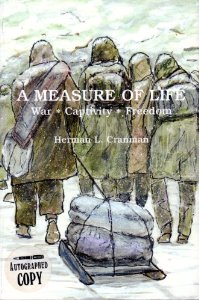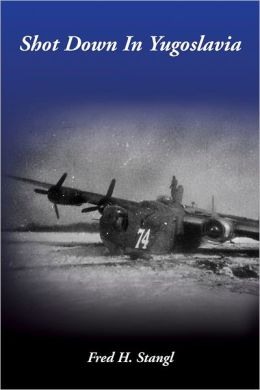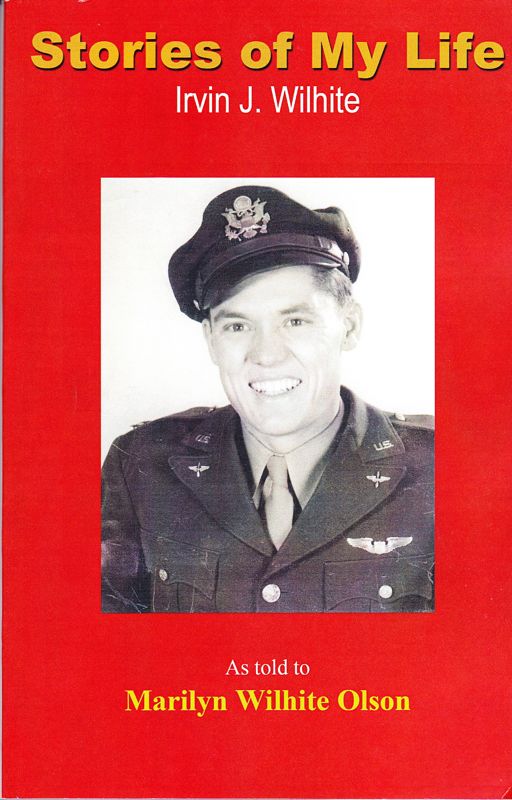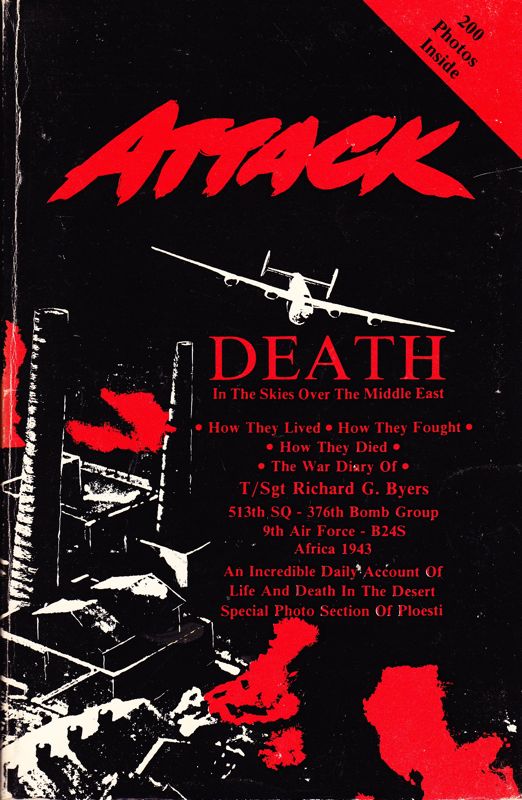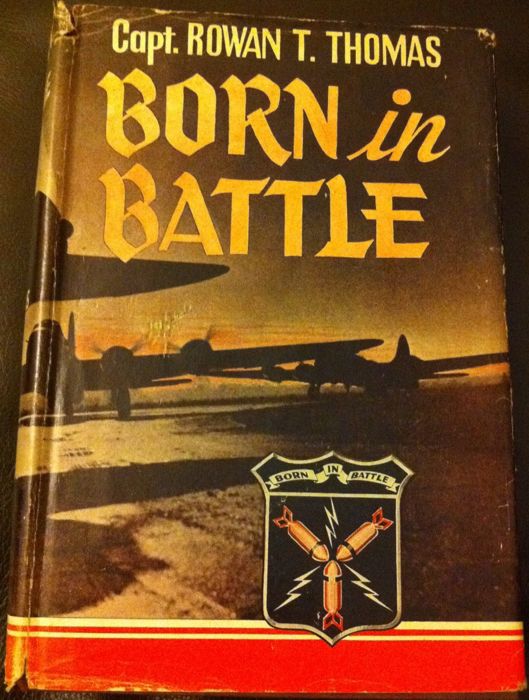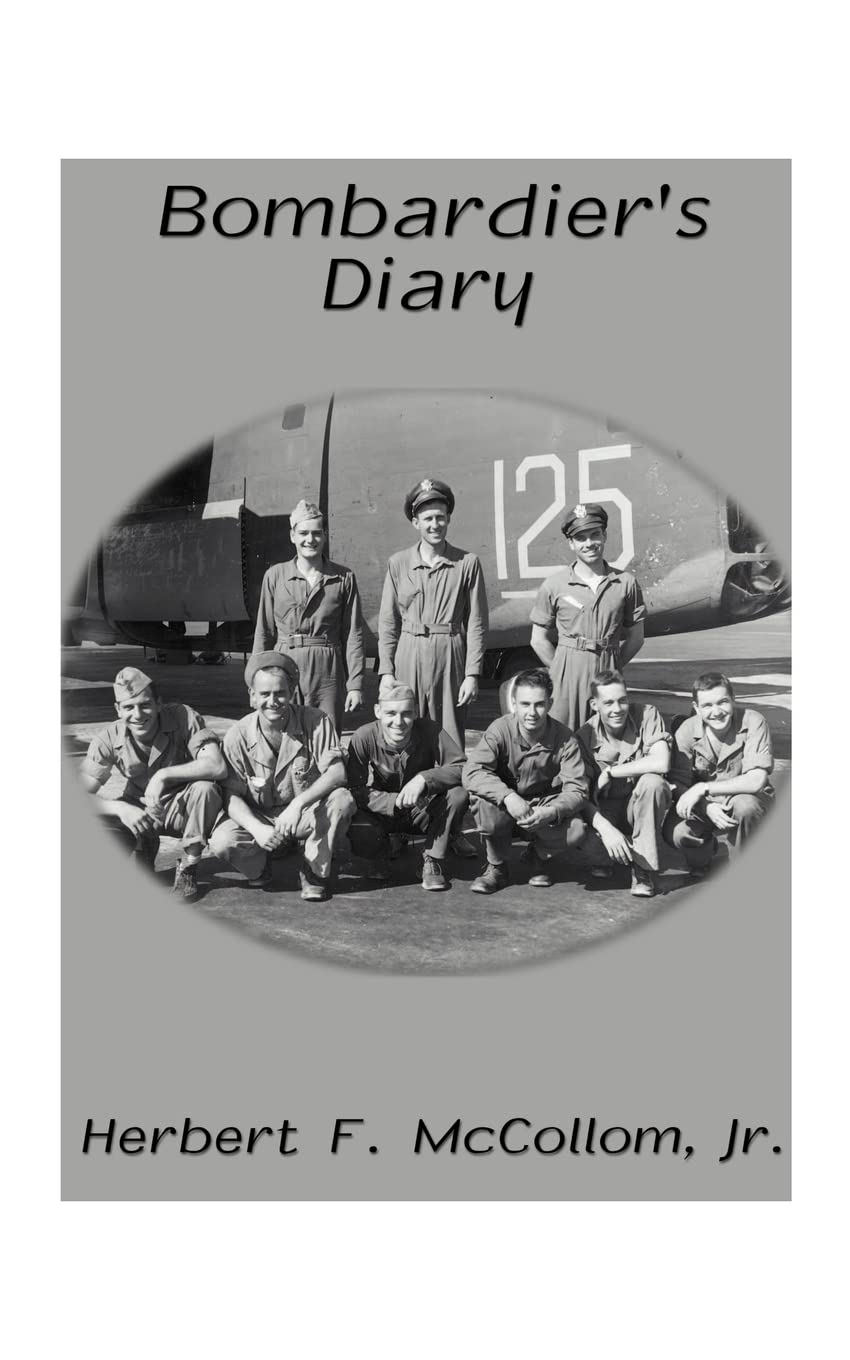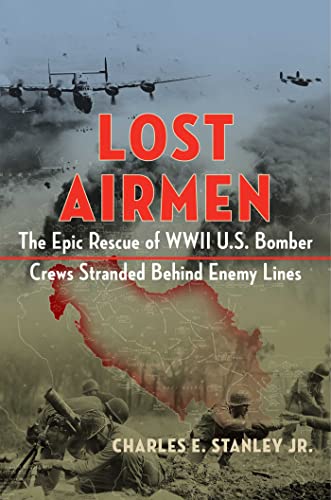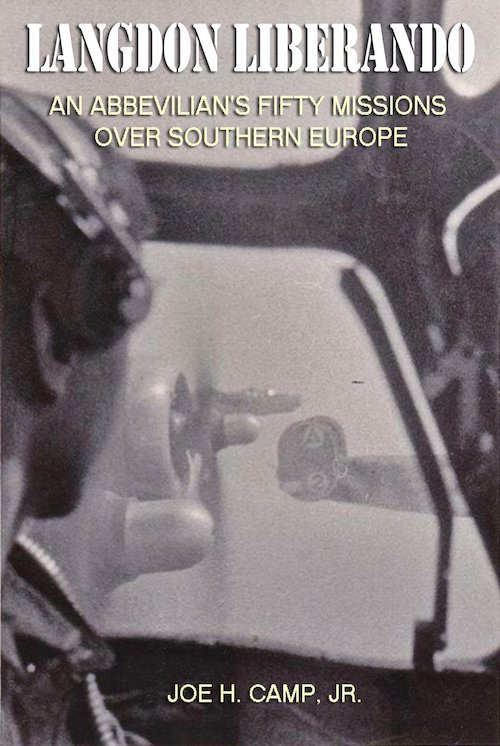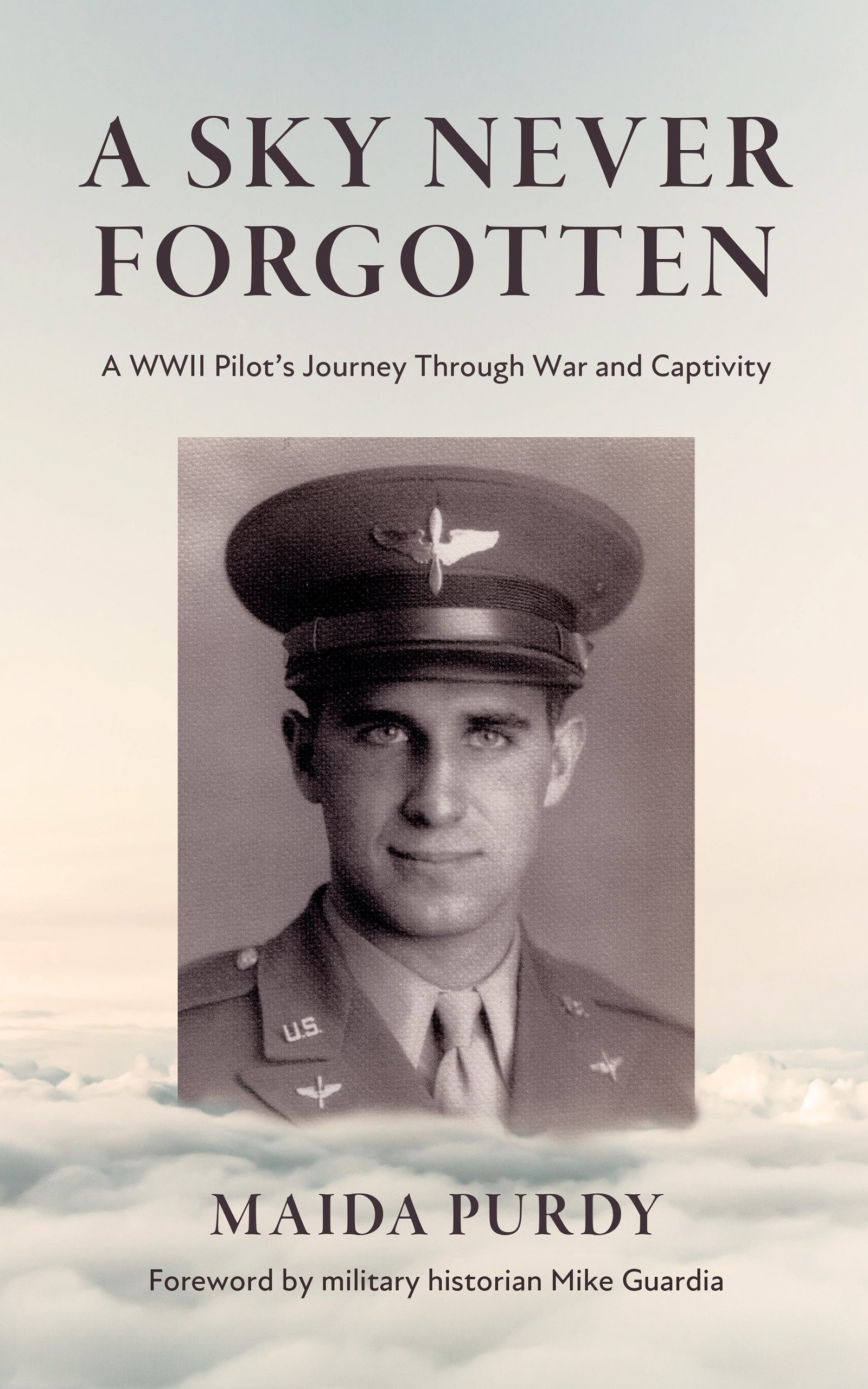William R. Davis
by William M. Davis
(Richmond, Va)
PART 1C
Part 1C
By now we were pulling out of the flak. I looked around; it was losing us; but one lone eagle got in his last shot, and the rudders took it again. That was all. We were clear of the puff-puff at last. I had almost forgotten that we were still in serious trouble – we had a badly crippled plane. It was going to take all the skill the pilot and co-pilot could muster to get us any distance from the target much less home. Home! I wonder at that moment – I could see it fading!
I soon learned how badly we were hit and it didn’t take a college course to convince me flak was a deadly weapon when in the hands of skilled gunners. Attaching a walk-around bottle to my oxygen mask, I squeezed out of the nose and slid along the hatch way toward the flight deck. It didn’t take me a second to realize that we had run into an old trouble again. I smelled the hydraulic fluid right away. I was hoping the gasoline wasn’t shot up too. There was hydraulic fluid all over the bomb bays and the slipstream was spraying it around with a weird hissing sound. There wasn’t a drop left in the reservoir and the lines were literally ripped to pieces. The fluid was stretched from the pilot’s pedestal all the way back to the waist windows, soaking everything with its greasy contents. The engineer back in the bomb bays by now trying franticly to plug up the lines so we could use the reserve supply; but was of no avail. He was soaked in the stuff and at the time presented a sight similar to an American Indian. I looked at him as I scrambled up on the flight deck; his usual confident smile had gone; I knew we were in bad shape. I had to laugh when I looked at what was left of the bomb bay doors. They were so full of holes that it was impossible to count them – we might as well have left them open; they were so riddled with holes that they looked like a screen door. I sat down at the radio table; got rid of the walk around bottle, and put on the interphones. The radio operator was still in the waist at his gun because we were slowly being left behind – alone – and Lake Balaton, fighter heaven, would come along soon. I guess he was also checking the flak holes back there and seeing if we were going to hold together.
Then I began finding out the rest of our troubles. I called the pilot and asked if there was anything I could do; he said no, as usual; he never liked to alarm the rest of the crew; he always carried the burden himself if he could. By this time we had gone some 35 miles from the target and had turned right around a corner of Czechoslovakia and started on a heading south that would take us across the Hungarian Plains and toward home. I then found out that we had No. 1 and 2 engines out all that time and Bishop had just managed, by some miracle, to bring NO. 2 back in. how he had done it was beyond me. We had never felt the loss of those two engines on the left side; had never lost any altitude; hadn’t gone out of control or even lurched; only the airspeed had dropped off. Bishop had mastered the situation and had taken the loss into the controls, and we knew nothing about it. He was only 19 years old but he was always at his best in the tight spots – both he and the co-pilot worked to perfection remaining amazingly calm, cool and collected all the time. No. 1 engine was shot up so badly it couldn’t be feathered. It was wind milling at 2400 RPM’s and putting a tremendous drag on the left side. I saw the airspeed rock back and forth from 130 to 170 – up and down – back and forth. We were losing a little altitude, and the pilot was finding it harder and harder to keep a straight course with the No. 1 engine prop wind milling. They were wrestling with the controls; sometimes we were stalling out – I could feel it flopping around air like a big wounded bird. Thirty tons of metal is pretty hard to keep on a straight course when it is all shot up, crippled and flying on only part of its normal power. The pilots were doing a swell job and I knew it. If we went down I would know that every possible thing that
(4)
could be done to save us had been done by two kids with an unsurpassed determination to live. We weren’t going down - not yet, anyhow!
Down the Hungarian Plains we started getting farther and farther behind until at last were alone. At least alone from any formation – we had plenty of company – other cripples, I mean. Planes were scattered all over; engines feathered, fuselages shot away, rudders gone, some with injured men aboard, some with dead aboard, some minus a few members who had left the ship in the excitement. But at least we were all still there and none of us hurt. Then suddenly I saw one of our buddies slide directly under us and turned off to the right; his No, 1 engine was on fire; poor devil – we all saw him and were pulling for him to blow it out. He soon got out of our sight and disappeared. We tried to contact our remaining formation wherever it was. We learned that only four ships were left. Our leader had disappeared too – he had said over his radio that he had no. 3 engine feathered, was full of flak holes and had all of his controls shot away. He was last heard of heading home flying on the automatic pilot. Back in our ship the navigator good old Gill, was directing us home. Eventually he had looked out and seeing all the props going had figured we were okay. Bishop hadn’t told him yet what all the trouble was. So he called him up and began cussing him out because he wasn’t holding a compass heading and constant airspeed. So I called him back and told him to take it easy that we were in real trouble and to do the best he could. Bishop was doing all he could to keep us up. Gill just said, “Oh – OK”. “But why the hell don’t you tell me these things?” – and went back to work. By this time Bishop was flying almost cross controls. The aileron wheel was cocked half way around and almost full right rudder. Both the pilots ran out of strength to hold in the right rudder against the tremendous drag of No.1 prop, so they took the crash ax and propped it in position. What a way to fly! He tried to set up the auto-pilot so they could be relieved of the strain. He tried at least a dozen times but it was no use – the system was shot out. We were at 14,000 feet now and holding our altitude. I asked Bishop what he thought of the situation. He said it wasn’t bad now if the three engines keep running, the rudders didn’t fall off, the plane didn’t break in half, we didn’t run out of gasoline, and didn’t run into any fighters. That was swell! Practically nothing to worry about – I tried to tell myself. We knew that all the engines had been hit but we were praying that they would hold out. I was watching the engines and instruments like s doctor watches a very ill patient. Inside of me I was just trying to nurse the engines along. “Good old P & W engines”, I said ‘you’ve taken a beating, but don’t quit now. Come on, come on babies, run smoothly; please keep running.” And so they did for the time being anyhow. Far out to our right we saw a lone B-24 crippled. As we neared Lake Balaton we saw some dark specs suddenly start diving on it. My heart jumped into my throat – fighters! They were out as usual to get the stragglers and cripples. Where were our escorts? I listened on the command set and the pilot was yelling desperately for help. They were being attacked by six ME 109’s. we couldn’t do a thing to help him – the fighters were coming in for the slaughter. I only hoped they didn’t start on us next. Then suddenly out of nowhere I saw some P-38’s cut across the top of us and go over to him. They must have chased them away – I hope so. Soon to my delight the P-38’s came back over our way and covered us as we made our way home. I felt much better now. There’s not a better sight in this world than to see good old American fighters hanging around you. They spell exit for the Jerry!
end Part 1C
The website 376bg.org is NOT our site nor is it our endowment fund.
At the 2017 reunion, the board approved the donation of our archives to the Briscoe Center for American History, located on the University of Texas - Austin campus.
Also, the board approved a $5,000 donation to add to Ed Clendenin's $20,000 donation in the memory of his father. Together, these funds begin an endowment for the preservation of the 376 archives.
Donate directly to the 376 Endowment
To read about other endowment donation options, click here.
Reunion
NOTE change in the schedule !!
DATES: Sep 25-28, 2025
CITY:Rapid City, SD
HOTEL: Best Western Ramkota Conference Hotel; 2111 North LaCrosse St., Rapid City, SD 57702; 605-343-8500
Click here to read about the reunion details.
